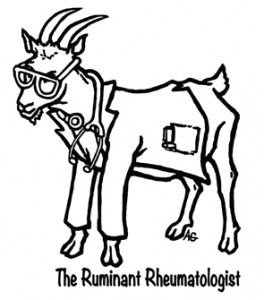
Image Credit: Richard Bowden/shutterstock.com
I am a few weeks post-retirement. Having written thank you notes and completed urgent home projects, I swing in a hammock at our currently fire-threatened cabin north of Winthrop, Wash., and reflect.
I feel like a young boy while freely flipping pages of a hand-scribed picture book, The Principles of Uncertainty, by Maira Kalman. She begins the book, “How can I tell you everything that is in my heart?” She offers stories from history, her travels and family, then pauses and observes, “My brain is exploding. Trying to make sense … What can I tell you? The realization that we are all (you, me) going to die and the attending disbelief—isn’t that the premise of everything? It stops me dead in my tracks.”
I think of my 40 years in medicine—Alabama, England, public health, health services research, health plan medical director, international clinic and travel volunteer, internal medicine and rheumatology practice—then stop the swing as my last day comes into focus with activated senses.
The more I think about the day, the more I savor what had been so good for so long, but then I wonder what a similar day will look like in 10 years. How will healthcare reform, large data computing, social media and transformative technologies change the day?
Cases in Point
We learn from our patients and colleagues, and then find the evidence that supports our gestalt. Here are several stories from my last day and the questions they raise:

Alice (a longtime patient) sends me an e-mail from Yellowstone as she heads east for graduate art school. I wrote her a letter to help her obtain financial support. The day before, Alice had left a painting for me of a Siberian man, whose big smile was activated only because she asked if she could take his photograph. Due to her juvenile inflammatory arthritis and pleuritis, autoimmune polyendocrinopathy, myasthenia gravis and immune deficiency syndrome, she had never thought she would be stable enough to go back to school. I was hopeful and now smile as I think of two of the many bullets she has dodged: Although she didn’t meet guidelines, we had won a long rituximab preauthorization appeal and were hopeful for remission: Anakinra, cyclosporine, mycophenolate, IVIG and prednisone had only reduced her recurring flares. Prior to that, she was hospitalized for a week because an emergency room nurse didn’t believe in patient-centered care. While being evaluated for pneumonia, Alice quietly noted, “I can feel my myasthenia flaring. Here, in my purse, is the medicine I need.” The power-centered nurse discounted Alice’s self-assessment. Alice stopped breathing and spent the next week in the ICU.

